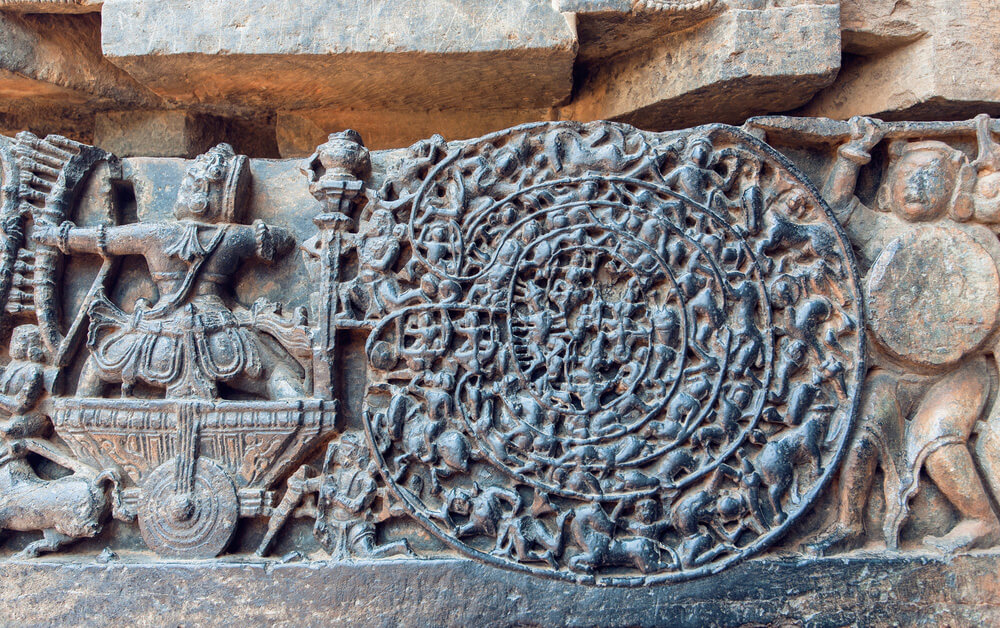
Annual Giving Campaign - 2024-2025 is under way. Donate today by Clicking Here, and help us reach our goal.
So far $785,767 has been raised out of a target of $ 3 Million. Click Here to donate today and help us reach our goal.

$1,500.00

This course is part of the following programs:
All four Mahabharata courses are housed in the DHS program, but MA students may register for them with the instructor’s permission.

As a result of taking this course, students will be able to:

In this course we will read Bhīṣmaparvan, Droṇaparvan, Karṇaparvan, Śalyaparvan, Sauptikaparvan and Strīparvan. These texts form a unit: from the beginning of the eighteen day battle to its conclusion. We will study both traditional approaches which focus on dharma and mokṣa as well as modern approaches which focus on historical aspects of the text; and investigate whether we can envision an appropriately contemporary approach.
We will also read a selection of pertinent secondary literature on the Mahābhārata. The course investigates the role of the epic in Indian philosophy, theology and religion. In addition, the course will teach basic analytic and critical skills, especially how to read texts carefully paying attention to literary form, structure, context, and nuance. Students will learn how to interpret texts rigorously, to research secondary sources, and to reconstruct an argument in their own language.
$1,500.00

Sign-up for HUA communications
Main Campus:
Administrative Office:
Sign-up for our free webinars
"*" indicates required fields
On the program page, there are multiple payment plan options to choose from.


